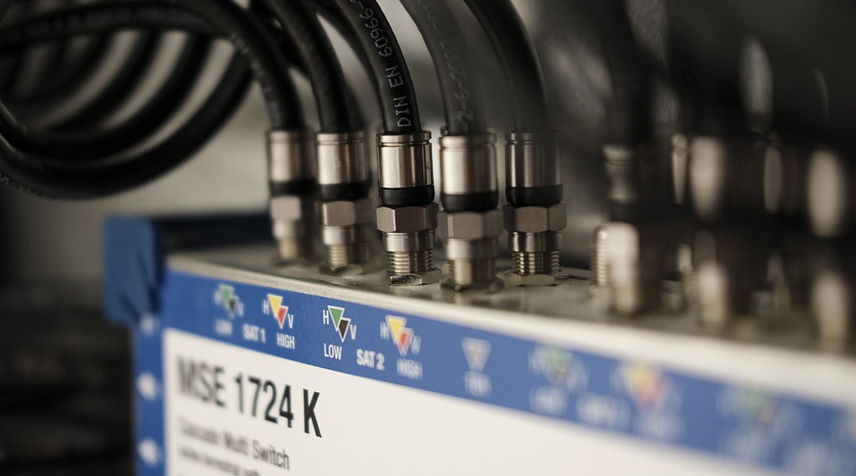Understanding the Importance of Transmission Fluid
As car enthusiasts know, keeping your vehicle running smoothly is a crucial aspect of ownership. One component vital for this operation is the transmission fluid – that unsung hero working tirelessly behind the scenes to ensure smooth gear shifts and optimal performance. Without properly maintained transmission fluid, your 2011 Hyundai Elantra could experience frustrating issues like jerky shifting, rough acceleration, or even complete gearbox failure.
Think of transmission fluid as a lubricant and coolant rolled into one. It reduces friction between moving parts in the transmission, ensuring efficient energy transfer from the engine to the wheels. It also plays a significant role in protecting the internal components of your Elantra’s gearbox from wear and tear, which can be accelerated by heat, pressure, and friction.
The key to long-lasting performance for your Elantra lies in regular transmission fluid changes. Neglecting this essential maintenance task can lead to a host of problems down the line. Here’s why you should pay close attention to your transmission fluid – it affects your car’s performance, longevity, and even your wallet.
What Type of Transmission Fluid Does Your 2011 Hyundai Elantra Need?
The specific transmission fluid required for your 2011 Hyundai Elantra will depend on the type of transmission system it uses. It’s essential to consult your owner’s manual or a trusted mechanic for guidance on the correct fluid viscosity and specifications.
Generally, the most common types of transmission fluids you might encounter for a 2011 Hyundai Elantra are:
- **Type-Specific Fluids:** Many Hyundais, particularly in previous years like the 2011 model, used automatic transmissions with specific requirements. These require specialized fluid that can be found at specialized automotive retailers.
- **General Transmission Fluid:** For those who aren’t familiar with these intricacies, general-purpose transmission fluids work well for a wide range of vehicles.
Always remember to check your owner’s manual for the recommended fluid type and viscosity for your Elantra.
The Importance of Regular Transmission Fluid Changes
Just as with any other fluids in your car, regular transmission fluid changes are crucial for optimal performance and longevity. Here’s why:
- **Reduced Friction & Wear:** As mentioned earlier, transmission fluid reduces friction between moving parts within the gearbox, extending their lifespan.
- **Improved Shifting:** Smooth gear-shifts are a hallmark of well-maintained vehicles. Properly lubricated components translate to smoother acceleration and fewer jerky shifts.
- **Heat Dissipation:** Transmission fluid helps dissipate heat generated during operation, preventing overheating and damage.
- **Preventative Maintenance:** Regularly changing the transmission fluid not only ensures smooth operation but also helps prevent costly repairs down the line.
Maintaining Your Elantra’s Transmission Fluid
The recommended interval for a transmission fluid change depends on several factors, such as your driving habits, climate conditions, and type of transmission. Here are some general guidelines:
- **Consult Your Owner’s Manual:** The most dependable source for recommended intervals is your Elantra’s owner’s manual. It should include details on optimal servicing schedule.
- **Recommended Intervals:** Typically, a transmission fluid change is recommended every 30,000 to 60,000 miles.
Signs of Transmission Problems
While regular maintenance is key, being aware of potential red flags is equally important. If you notice any of the following signs on your Elantra, it could indicate a problem with the transmission:
- **Rough shifting:** Jerky gear changes or difficulty finding the right gear.
- **Slipping gears:** Inability to change gears smoothly or feeling like the car is slipping.
- **Increased clutch pressure:** The pedal feels harder to push down or more resistant compared to before.
- **Vibrations in the steering wheel and/or pedals:** Vibrations can indicate a problem with the drivetrain, including transmission issues.
DIY Transmission Fluid Change: Is It Right For You?
While changing your Elantra’s transmission fluid is possible, it’s generally recommended to have this task done by a professional mechanic. Here are the reasons why:
- **Specialized Tools:** Working with car transmission fluids requires special tools and knowledge to avoid damaging components.
- **Pressure & Temperature Risks:** Disassembly of the transmission system can involve high-pressure forces, which could lead to injury or damage if not handled properly.
- **Proper Disposal:** Transmission fluid is a hazardous waste material that needs to be disposed of responsibly.
When to Call in the Pros
If your 2011 Hyundai Elantra experience any of these issues, it’s essential to consult with a qualified mechanic. They will have the expertise and necessary tools to diagnose and resolve transmission problems effectively.
Remember, regular maintenance is crucial for ensuring smooth shifts, avoiding costly repairs, and enjoying the best possible performance from your 2011 Elantra. A properly maintained transmission contributes to a smoother driving experience and ensures you’re back on the road in no time should any issues arise!
Don’t forget to share this blog post with other car enthusiasts who own a 2011 Hyundai Elantra! Sharing knowledge helps create a more informed and responsible community of drivers.


